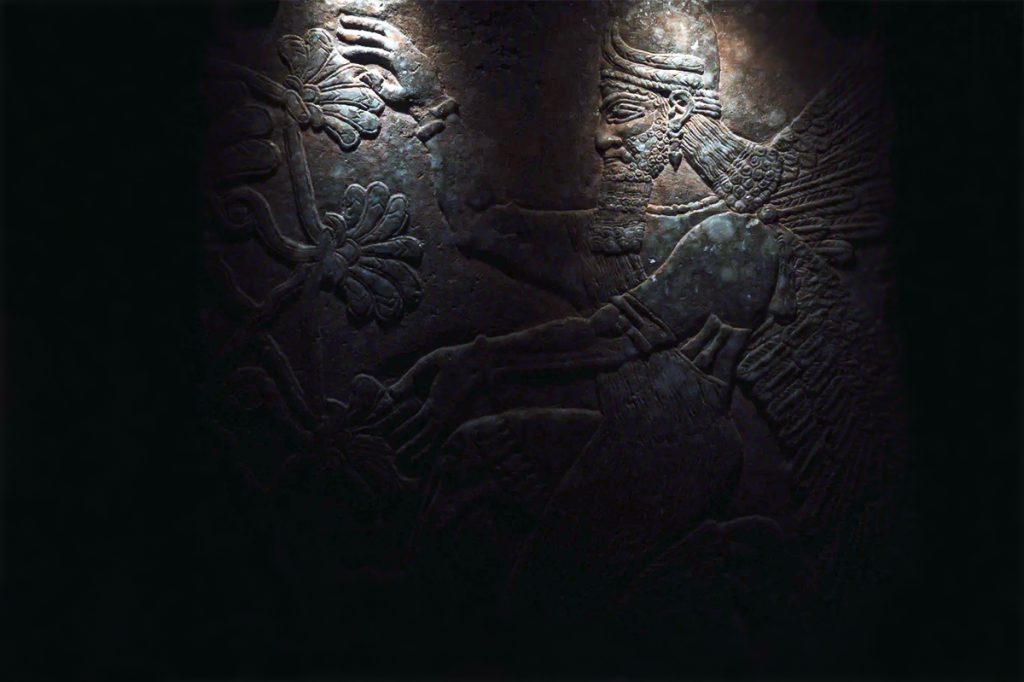After reading George Orwell’s 1984 this week, it fully reinforced my personal views about the evils of socialism and totalitarianism. The novel, set in a dystopian future where the Party, led by Big Brother, exercises absolute control over every aspect of life, presents an effective contempt of these oppressive systems. Orwell’s narrative is a stark reminder of the unacceptable conditions that arise when human freedoms are suppressed for the purpose of power acquisition driven by political ideology. The book 1984 highlights the moral and spiritual corruption that results from such rampant evil power, aligning with numerous scriptural imperatives against tyranny and the dehumanization of individuals.
In the world of 1984, the Party’s ubiquitous surveillance and thought control reflect the ultimate manifestation of totalitarianism. The Bible repeatedly condemns the oppression of the innocent and the abuse of power. Proverbs 29:2 states, “When the righteous increase, the people rejoice, but when the wicked rule, the people groan.” The groaning of Orwell’s characters under the Party’s iron grip symbolizes the suffering that results from wicked leadership. The Party’s manipulation of truth and history is particularly insidious, as it seeks to control not only the present but also the past and future, echoing the deceitful nature of Satan, described as the “father of lies” in John 8:44.
Winston Smith, the novel’s protagonist, embodies the struggle of the individual against the dehumanizing forces of totalitarianism. His initial acts of rebellion, such as keeping a diary and engaging in a forbidden relationship, symbolize the innate human desire for freedom and truth. This quest for personal integrity is a core biblical principle. Galatians 5:1 emphasizes the importance of freedom, stating, “It is for freedom that Christ has set us free. Stand firm, then, and do not let yourselves be burdened again by a yoke of slavery.” Winston’s eventual capture and reprogramming by the Party serve as a grim reminder of the fragility of human resistance in the face of overwhelming oppression.
Orwell’s 1984 also critiques the socialist ideal of state control over all aspects of life, highlighting the inherent flaws in such a system. The Bible advocates for the importance of individual responsibility and stewardship, as seen in 1 Timothy 5:8: “Anyone who does not provide for their relatives, and especially for their own household, has denied the faith and is worse than an unbeliever.” The Party’s collectivist approach strips individuals of their ability to care for themselves and their loved ones, leading to a society devoid of compassion and personal accountability.
The novel’s depiction of the Party’s use of fear and torture to maintain control is a further warning against the evils of totalitarianism. The brutal methods employed by O’Brien and the Thought Police to break Winston’s spirit reflect the ultimate violation of human dignity. This is in direct opposition to the biblical mandate to love and care for one another. Proverbs 22:8 warns, “Whoever sows injustice will reap calamity, and the rod of his fury will fail.” The Party’s reliance on fear and violence to enforce loyalty ultimately reveals its moral bankruptcy and the unsustainable nature of its rule.
Orwell’s portrayal of a society devoid of personal freedoms and dominated by state control also serves as a critique of socialism’s certain trajectory into totalitarianism. The enforced equality and suppression of individual initiative seen in 1984 reflect the dangers of a system that prioritizes the collective over the individual. The Bible upholds the value of individual responsibility and the right to personal property. Exodus 20:15, “You shall not steal,” underscores the importance of respecting individual ownership and the fruits of one’s labor, principles that are absent in Orwell’s dystopia.
The Party’s deliberate destruction of family bonds and personal relationships is another characteristic of its dehumanizing agenda. By turning children into informants against their parents and eradicating genuine love and loyalty, the Party seeks to create a society where only loyalty to Big Brother exists. This directly opposes the biblical view of the family as a fundamental unit of society. Ephesians 6:1-4 emphasizes the importance of familial relationships, urging children to obey their parents and fathers to bring up their children in the “discipline and instruction of the Lord.”
The novel’s bleak depiction of a society where truth is malleable and dictated by those in power serves as a profound warning about the moral consequences of such a system. The Bible consistently upholds the importance of truth and integrity. Proverbs 12:22 states, “Lying lips are an abomination to the Lord, but those who act faithfully are his delight.” The Party’s manipulation of truth and reality is a direct violation of this principle, illustrating the spiritual decay that accompanies such deceit.
Orwell’s 1984 also highlights the psychological toll of living under constant surveillance and control. The pervasive fear and paranoia experienced by the characters are indicative of the spiritual and emotional damage inflicted by totalitarian regimes. The Bible calls for a life of peace and trust in God, as seen in Isaiah 26:3: “You will keep in perfect peace those whose minds are steadfast, because they trust in you.” The contrast between this biblical ideal and the reality of Orwell’s dystopia underscores the inherent evil of a system that destroys trust and peace.
In the end, Winston’s complete capitulation to the Party after enduring intense torture and re-education represents the ultimate oppression of totalitarianism over the individual. This outcome serves as a sobering reminder of the power of evil if it overcomes people groups and social order centered around Christian values. James 4:7 offers hope, however, stating, “Submit yourselves, then, to God. Resist the devil, and he will flee from you.” While Orwell’s narrative concludes with a sense of hopelessness, the biblical message exhorts people to resist evil and reject it through faith and submission to God’s will.
George Orwell’s 1984 emphatically foretells the evils of socialism and totalitarianism. Through its vivid and perverse portrayal of a society stripped of freedom, truth, and humanity, the novel is a tale of immense suffering in contrast to biblical teachings that alert against the abuse of power and the dehumanization of individuals. It is a constant reminder of the importance of safeguarding personal liberties and upholding moral and spiritual integrity in the face of oppressive and evil ideologies.















